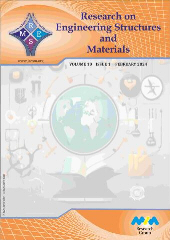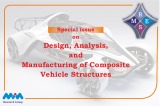Research Article
An assessment of rebound hammer test in estimating the concrete compressive strength in seawater
Philip Jun Celerinos, Patrick Miguel Dedel, Nesty Vince Fernandez, Kathleen Ira Muñoz, Fatima Alaiizza Suelan
Civil Engineering Department, School of Engineering and Architecture, Ateneo de Davao University, Davao City, Davao del Sur, 8000, Philippines
Keywords
Abstract
Compressive strength;
Direct compression;
Rebound hammer;
Reliability;
Seawater
Currently, there is a need to assess the structural integrity of concrete structures situated near or within seawater in a faster manner using a rebound hammer test. However, this test is limited to its reliability, particularly if the rebound hammer device has not been calibrated according to its specific tested environment. Hence, this study assessed the reliability of the rebound hammer test in the compressive strength estimation of concrete cured in a specific environmental condition. As such—the seawater environment, the seawater in a controlled area, and the potable water stored in a normal room condition were the environmental conditions that were considered in the study. Results showed that the rebound hammer test consistently underestimated the direct compression test in three (3) environmental conditions. It was found that the underestimated compressive strength errors ranged from 15.22% to 59% in seawater environment, 33.33% to 58.33% in seawater in a controlled area, and 37.70% to 57.57% in potable water stored in a normal room condition, respectively. Furthermore, this study also established a rebound correlation model, both graphical curve and empirical equation, which can be the basis for concrete compressive strength estimation cured in three (3) different environments.
© 2023 MIM Research Group. All rights reserved.


